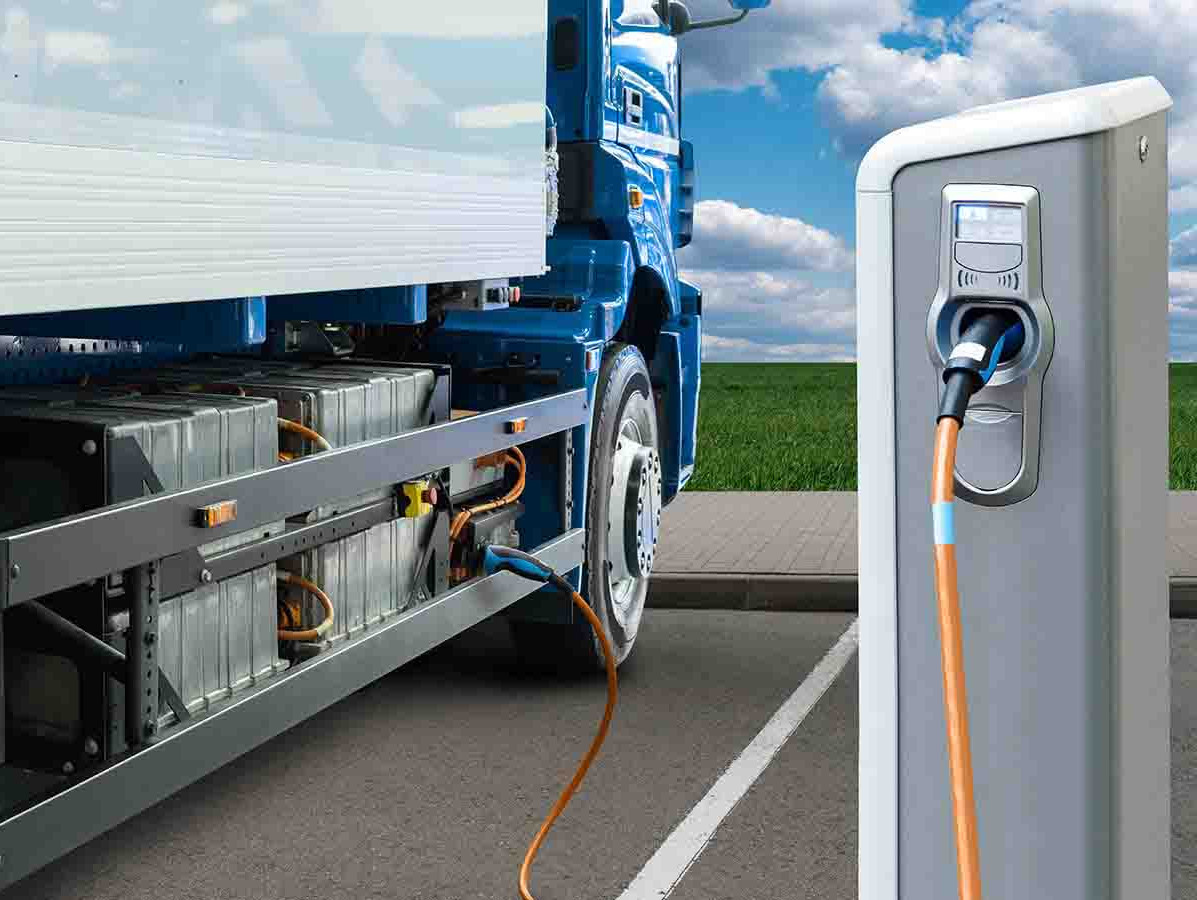
Food companies are determined to accelerate the transition to zero-emission road transport. Driven by both new legislation and internal sustainability goals, they are taking the first steps to make their truck fleets more sustainable. With a diversity of transportation options, with some transport being in-house and most outsourced to transporters, these companies are pursuing alternatives to diesel, according to ING.
The search for cleaner energy sources in road transport focuses mainly on biofuels, electric vehicles and hydrogen, depending on the type of transport, the composition of the truck fleet and the distances traveled. Electric trucks find application mainly for inner-city deliveries and fixed domestic routes, while biofuels and biogas are used for heavy-duty transport. Although hydrogen is promising for longer distances, this technology is still at an early stage because of high costs and limited availability.
Although the shift to zero-emission road transportation is inevitable, there are still some obstacles to overcome. Currently, the cost of zero-emission transportation is higher than that of traditional fuels. Both biofuels and hydrogen are more expensive to use, while the purchase price of electric trucks is significantly higher. In addition, the range of electric vehicles is still limited compared to diesel vehicles, which is particularly important for long-distance transportation. Charging infrastructure also needs to be expanded to meet growing demand.
Government policy plays a crucial role in encouraging more sustainable road transport. Laws and regulations, subsidies and the introduction of zero-emission zones in cities from 2025 have a strong influence on the transition to zero-emission transport. In addition, food companies have their own sustainability goals, in which reducing CO2 emissions from transportation is an important part.
The transition to zero-emission road transport may lead to a shift from in-house transportation to outsourcing to transporters. The higher cost of zero-emission equipment requires optimal utilization and high load factors, which can be achieved more efficiently through cooperation with specialized transport companies. This also provides an opportunity to take advantage of their expertise and experience in sustainable transportation.
To accelerate the transition to zero-emission road transport, several measures must be taken. Reducing the cost of zero-emission equipment and increasing the range of electric trucks are crucial steps. This can be achieved through technological developments, large-scale production and subsidies. In addition, charging infrastructure must be expanded and improved, both in urban areas and along highways. Through these measures, food companies can promote the transition to emission-free road transport and do their part to reduce the environmental impact of their logistics operations.
Quote Ceel Elemans, ING Sector Banker Food:
"For food companies, it is important to anticipate changes in the energy system and future policies."
Source: ING